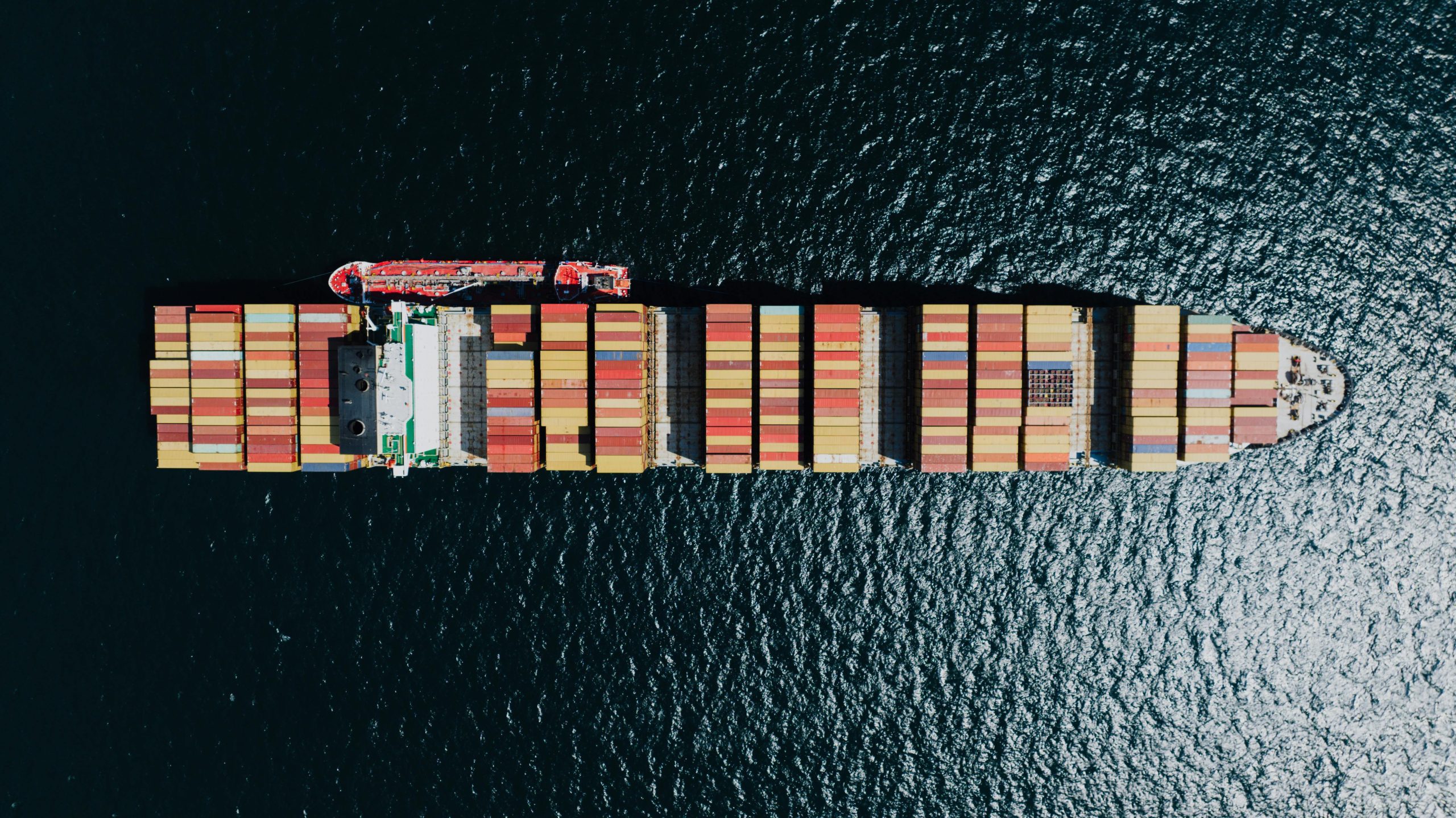Unicaja Banco es una entidad financiera española consolidada, con sede en Málaga y una fuerte presencia en distintas regiones del país. A lo largo de los años ha evolucionado desde sus orígenes c...
Warum Amazon eine herausragende Wahl für Online-Shopping ist Amazon hat sich seit seiner Gründung im Jahr 1994 von einem Online-Buchhändler zu einem der größten und vielseitigsten Marktplätze we...
The Emergence of Digital Currencies In recent years, the concept of digital currencies has transformed from a niche interest to a rapidly growing financial phenomenon. Cryptocurrencies like Bitcoin, E...
The Growing Burden of Debt In recent decades, many developing nations have experienced a rise in foreign debt, taking loans to fund infrastructure projects, bolster economic growth, and improve living...
Changing Times in Global Trade Over the last few decades, globalization has been the driving force behind the global economy, reshaping industries and creating interconnected markets across the world....
Understanding the Gig Economy The gig economy is a labor market that revolves around short-term, flexible jobs rather than permanent, full-time positions. It encompasses a variety of roles, from freel...
A Weapon That Cuts Both Ways Economic sanctions are often portrayed as a strategic tool—an alternative to military conflict, a way to pressure governments without bullets or bombs. But behind the po...
The Unavoidable Reality of Rising Prices Inflation, the persistent rise in the prices of goods and services, has become an undeniable force that is impacting household budgets across the globe. For ma...
New Energy, New Economic Models The transition to green energy is no longer a distant idea or niche policy—it’s a global movement shaping investment decisions, political agendas, and industria...
Unseen Impacts of Climate Change While much of the global conversation around climate change centers on the environmental consequences—rising temperatures, melting ice caps, and increasingly unpredi...









